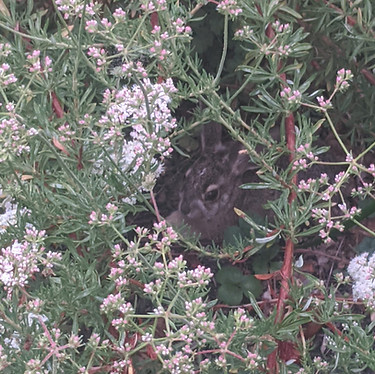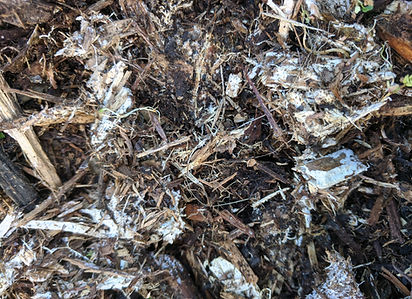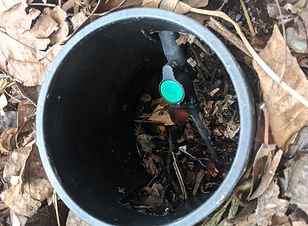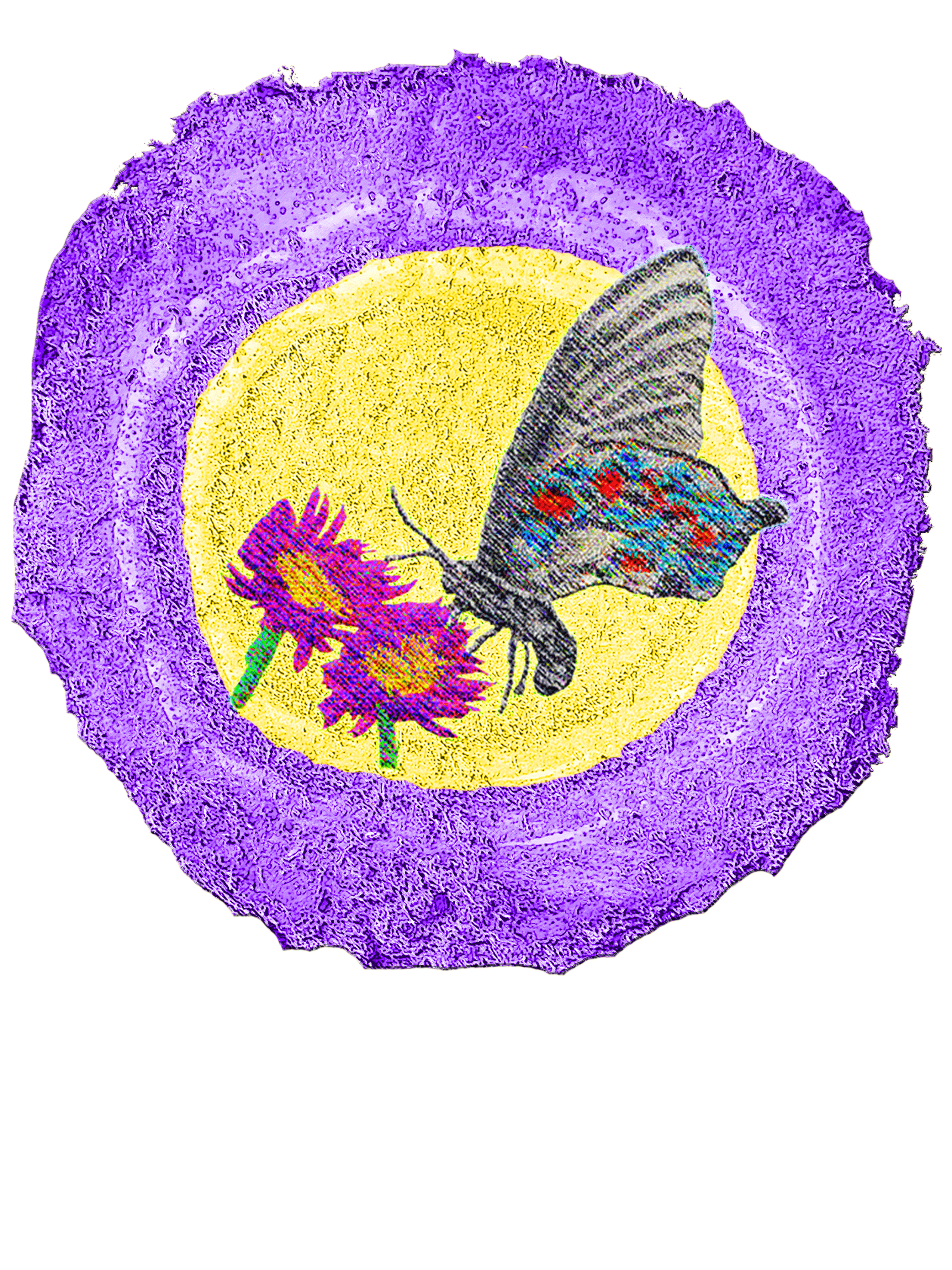top of page


Dedicated to managing landscapes in a holistic and regenerative way to create beauty, habitat, and foster a meaningful connection to our environment.

A pollinator garden that is in its 3rd season
Pollinator Gardens &
Habitat Gardens:
Turn your lawn into an environmental haven! By removing water hungry, monoculture grass and planting a variety of native habitat plants, you can turn your yard into a bustling center of action and wonder.

Native sweat bee on an aster flower

Umble skipper feeding on an aster flower

A juvenile rabbit resting in a wild buckwheat bush
Soil Restoration:
Soil health is one of the most important factors to a healthy garden. Healthy soil that is rich in organic matter is able to take in and hold more water, retain nutrients better. Healthy soils are full of life, providing the foundation to a thriving garden.

Fungus colonizing wood chip mulch. A good sign that the soil is coming back to life
Water Management:
Saving water is critical for our climate in California. Through proper plant selection, planning, technology and water harvesting features, your landscape can be part of recharging our water tables and cleaning our waterways


A laundry to landscape system. Water drained from the washing machine goes out to the yard.
Mushroom cultivation:
Grow gourmet mushrooms as part of your landscape. Add an element of magic to your garden through the wonderful world of fungi! Shiitake logs and King stropharia beds mixed in among your plants adds a layer of connection to your land that no other species can quite replicate

Pink oyster mushrooms growing out of garden art

King stropharia coming up in a straw garden bed
Pest Management:
Effective pest management is only possible on a holistic level. Applying chemicals is only a temporary fix for infestations at best. My strategy for proper pest control is creating a healthy environment that encourages plants to defend themselves against attacks and encourages beneficial insects to control pest populations.

Lady bugs are a famous example of beneficial insects controlling aphid populations
bottom of page

